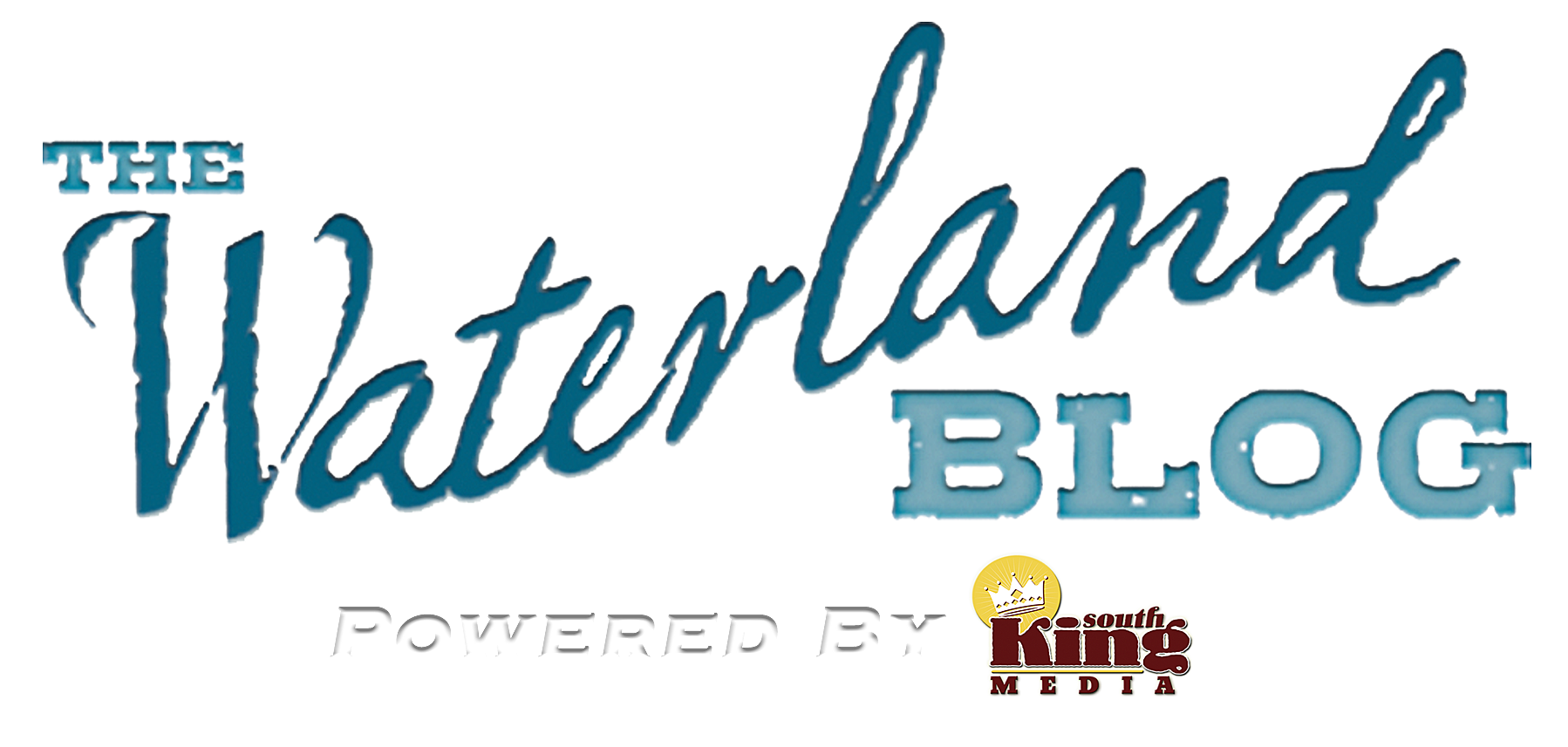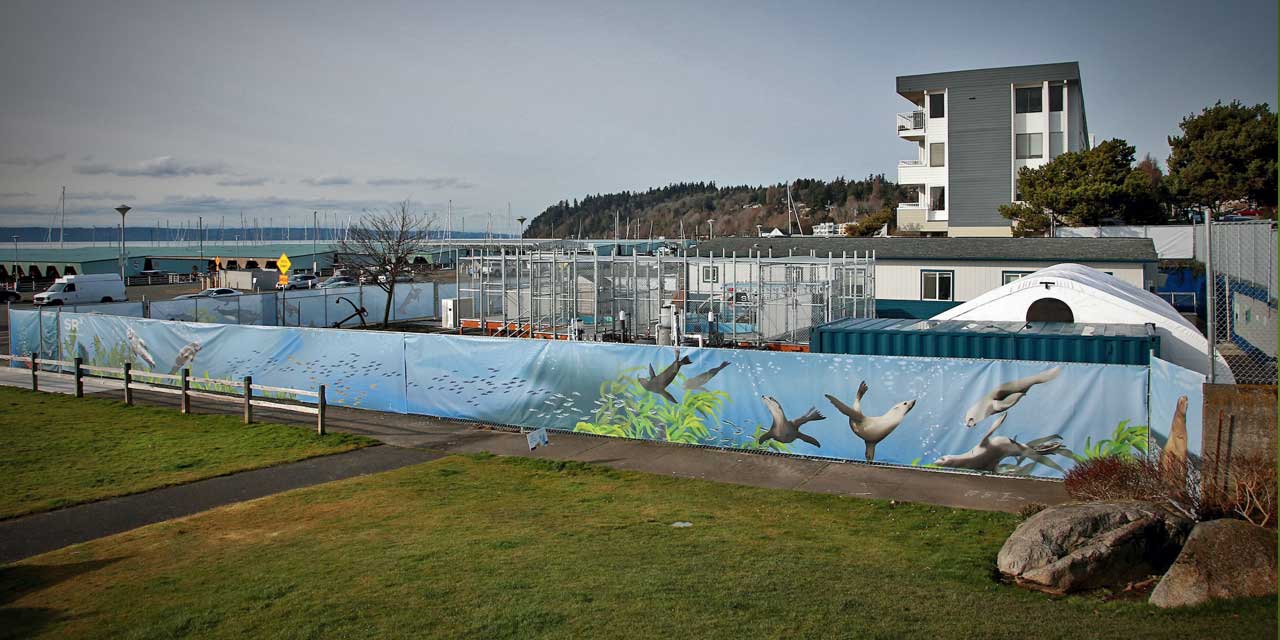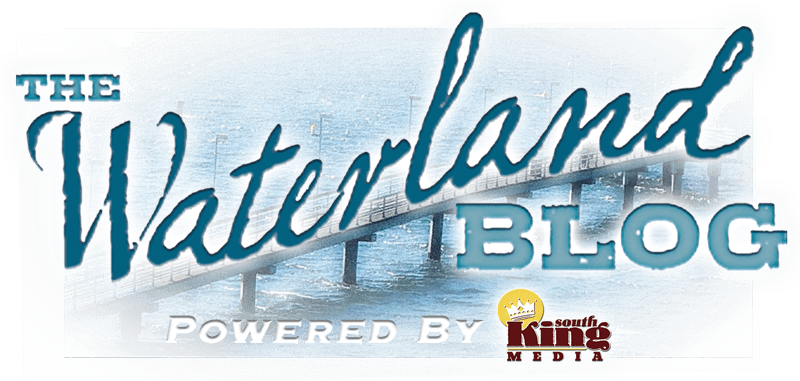The recently developed center will deliver second chances for ten species of marine animals, from endangered sea turtles and threatened sea otters, to several species of seals and sea lions. Once these animals are healthy and strong again, they will be released back into the wild.
“Without a specialized marine wildlife hospital in the Pacific Northwest, many sick and injured animals had nowhere to go for care,” said SR3 Executive Director and Veterinary Nurse Casey Mclean. “I’m honored and thrilled by the overwhelming support of the city of Des Moines and our supporters around the region. Thanks to their generosity, these animals have new hope.”
Prior to SR3’s new hospital, the nearest facility of its kind was in California, some 800 miles away. While a very limited number of patients could be transported there in SR3’s marine wildlife ambulance to get the care they needed, now sick and injured marine mammals throughout the Pacific Northwest can be treated much closer to home.
The new rehab center will serve patients with a treatment and surgery room, a very fishy kitchen, covered enclosures for young and fragile patients, and outdoor pools where animals can regain their strength before release. Because human impacts on the environment are often what create the need for an animal to be rescued, it will also serve as a community resource for information on marine conservation issues.
“Marine animals today are suffering from human impacts more than ever before. Animals can be affected directly, becoming entangled in trash or fishing gear, or contaminated from oil spills. Other threats like warming oceans, pollution, and overfishing are less direct but have vast impacts on these animals,” said SR3’s Marine Mammal Veterinarian Greg Frankfurter. “As humans continue to impact the environment, facilities like the SeaLife Rescue Center are becoming increasingly important. By rehabilitating marine animals, we can actually learn a lot about population health, and gain vital insights into the health of our oceans and our planet as a whole.”
VIDEOS
Below is video shot by Publisher/Editor Scott Schaefer that was streamed live on The Waterland Blog’s Facebook page (“Like” us here to get notifications for future live videos):
Do you love sea animals like seals, sea lions, otters and others? YOU should volunteer at SR3! Visit https://www.sealifer3.org/get-involved to learn how you can get involved.
About SR3
SR³ – SeaLife Response, Rehabilitation, and Research (SR³) rescues and protects marine wildlife in the Pacific Northwest. With a marine wildlife ambulance, response vessel, and specialized veterinary staff, SR³ fills a unique role in the West Coast’s marine mammal stranding network. The organization’s first responders stand ready to deploy every day to ensure suffering marine animals receive the expert care they so urgently need. SR³ also works to address the root cause of marine animal health issues through scientific research projects. A major focus of this program is the endangered Southern Resident killer whales, using drones to collect health data that inform conservation actions important to their survival. The nonprofit organization opened their rescue and rehabilitation hospital for marine wildlife in 2021.
More info at www.sr3.org.


